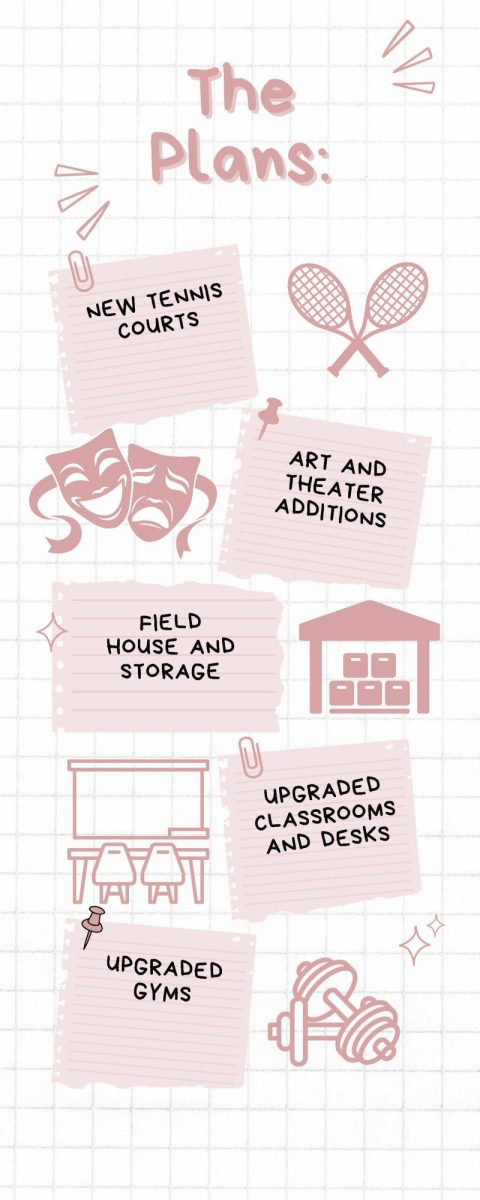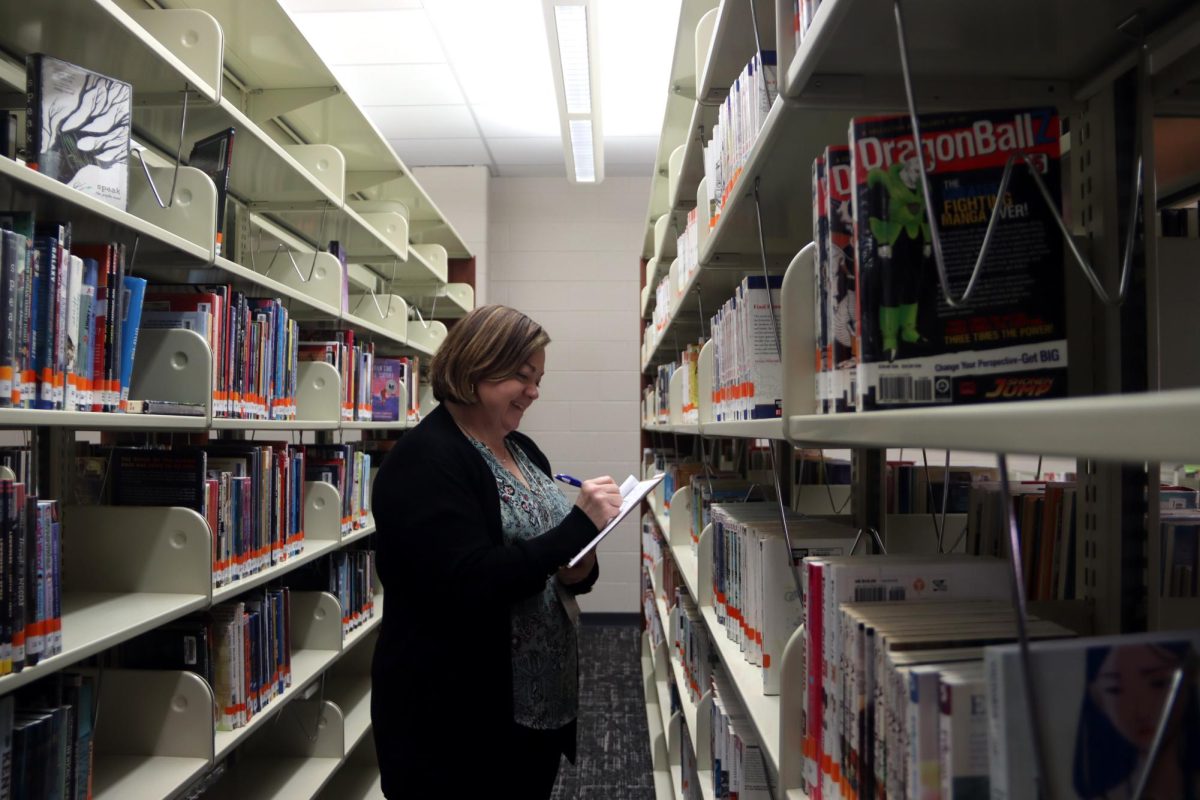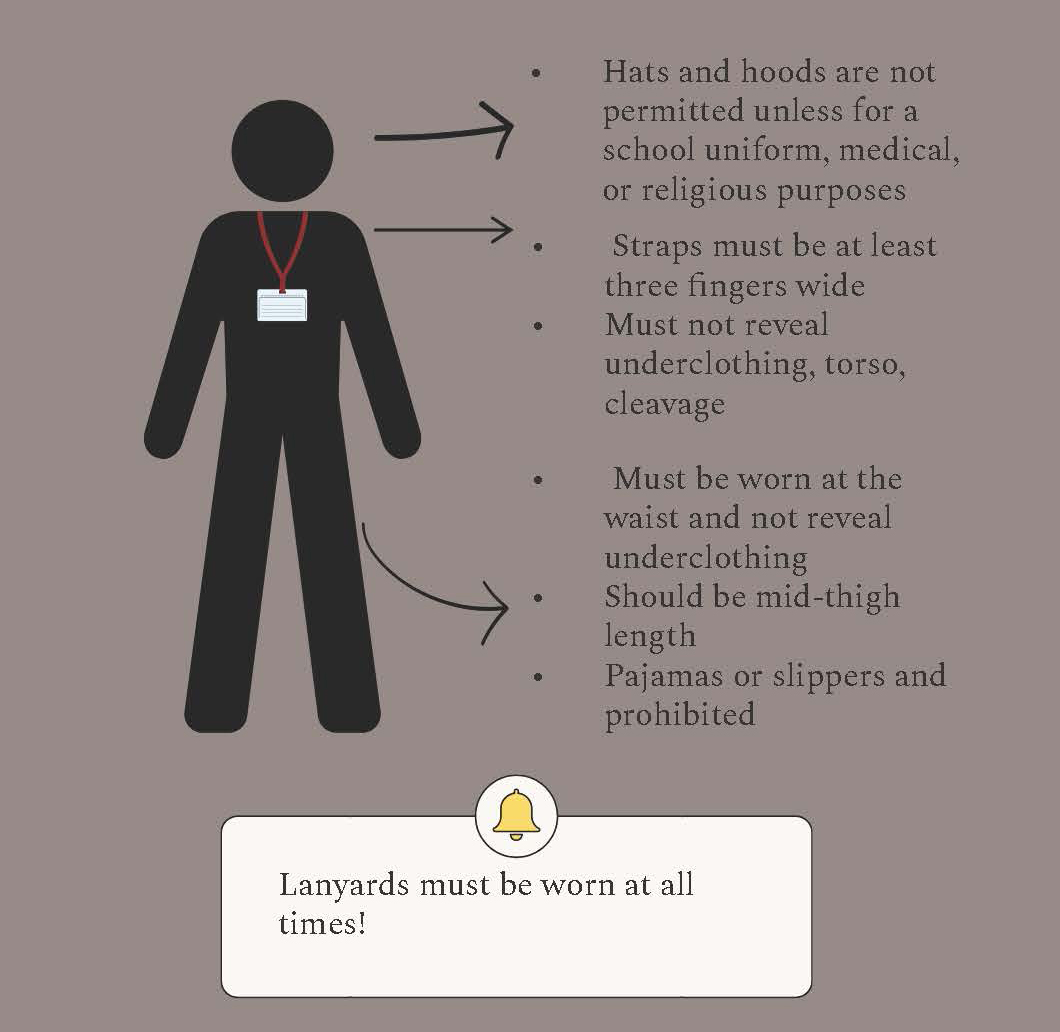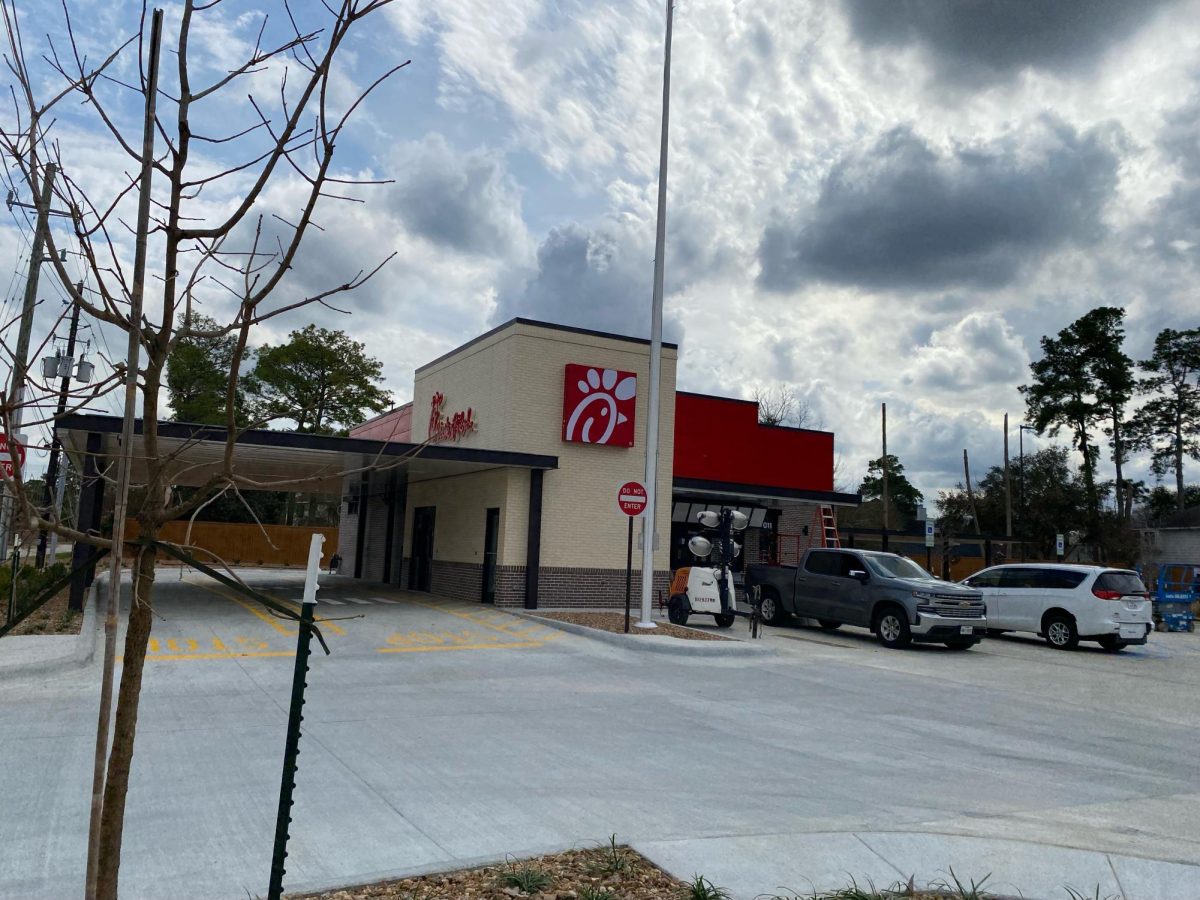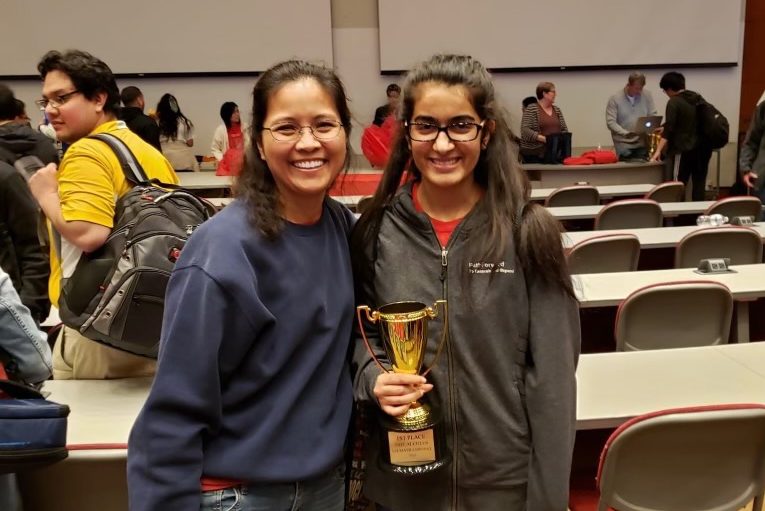Recently, the CFISD school board discussed the future of the Personal, Academic, and Career Exploration course, or PACE, but no action has been taken yet. PACE is a required semester length class designated for freshmen. It is meant to assist students in the transition from middle school to high school and build skills that will assist them in future transitions to career, college, adulthood and independence, as described in the district’s course handbook.
If a board member asks for the item to be added to a future meeting agenda, the course’s inclusion in graduation requirements could be brought to a vote.
Some of the critiques against PACE are it lowers student’s GPA, takes away a needed elective space and that it is essentially a filler class.
Lorrie Hall and Dannette Jolliff are two PACE teachers who have taken issue with much of what has been said about their chosen course.
“PACE is the only class you will take in high school that teaches you how to make that adjustment between middle school and high school,” Hall said.“It’s a difficult transition for a lot of our students, and PACE is really meant to be the bridge between middle and high school.”
A big argument against PACE has been that since it is only offered at an L level, it lowers students GPA. Since it is a required class, many students have said they consider it to be unfair as they feel it forcefully lowers their GPA.
“My opinion is that they’re [people against it] GPA grade mongers; they’re playing the GPA game. They’re saying the main reason that they want to get rid of it is because it hurts GPA, and it hurts class rank,” Hall said. “Which is baloney because you’re in competition with people who also have to take PACE and fine arts and gym. Are we going to get rid of all those things that can’t possibly be taken with K or H or AP?”
Through the discussions surrounding PACE some have argued that an advisory period could replace PACE, along with turning the advisory period into a four-year-long class rather than the one-year period set for the combination class of PACE and Health.
“Frankly freshman year is great, but there’s a sophomore, a junior and a senior year we also want to see that students are supported in,” board member Dr. Natalie Blasingame said during the November work session. “So I would hope that this conversation can continue to see what are we doing not just in freshman year, but as they go up the pike and make sure that there’s purposeful plans.”
There are also students arguing that PACE is essentially a filler class with too much unneeded information.
“I believe that we do our best to plan lessons that are meaningful and relevant,” Hall said. For example, there is a unit in PACE that discusses conflict management, and teaches students how to navigate it. PACE teachers Hall and Jolliff used this as an example of a segment of their subject that is undoubtedly useful and relevant even beyond high school. Students are taught to manage conflict through finding out what their personality style is and how that respective personality handles conflict.
Joliff said she has been asked questions in job interviews such as “Tell me about a time when you have had a conflict with someone and how did you work to resolve it?”
“So, that is a potential interview question,” Joliff said. “PACE is preparing you for situations like those.”
In the initial district proposal, some of the content, such as career exploration, would be integrated into other classes, such as CTE. Hall, however, disagrees with the notion of these changes existing at all.
“You want to know my honest opinion? It’s all about money. They’re wanting to get rid of teachers, and they’re wanting to lower the amount of money they have to put out. It isn’t about what’s best for the students. If it was about what’s best for the students they would do a little more research about what this curriculum actually is,” Hall said.

